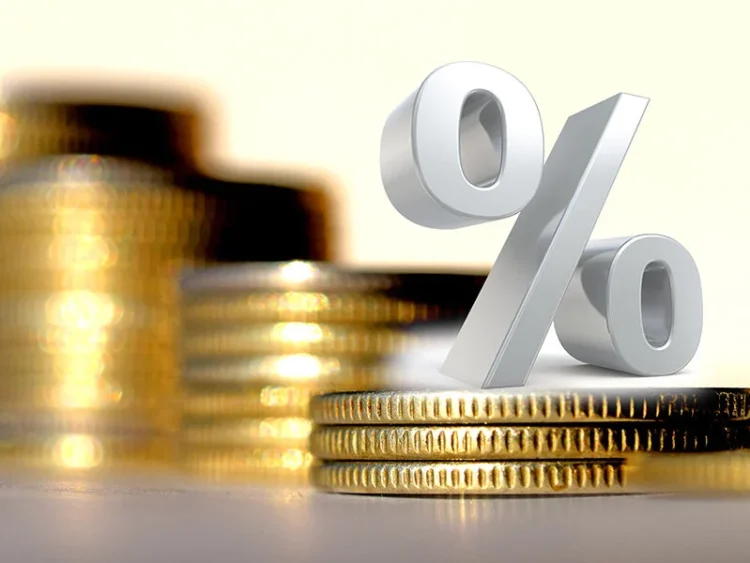Publisher: Maaal International Media Company
License: 465734
Bank of America: Fed to maintain its maximum options on interest rates
Bank of America economists have indicated that the Federal Reserve may hold off on issuing new signals until the Jackson Hole symposium late next month, when the Fed’s policy path may become more clear.
In a recent note, Bank of America economists predicted that the Fed will maintain its maximum options at its July meeting, and Powell would prefer to see July data before guiding markets for September at Jackson Hole.
While markets do not anticipate any policy changes next week, investors will closely examine the Fed’s speech for hints about its tolerance for inflation risks, especially given signs of rising prices due to the passage of tariffs.
اقرأ المزيد
Economists warn that any hawkish focus on persistent inflation pressures could destabilize markets, while a dovish tone would support expectations of a rate cut later this year.
Messages related to the labor market are likely to remain the focus. The July jobs report is expected to show slower, albeit positive, payroll growth and a slight increase in the unemployment rate, confirming the argument about a tightening labor market.
Bank of America expects the July nonfarm payrolls report to show a modest increase of 60,000 jobs and a slight increase in the unemployment rate to 4.2%.
“We have lowered our payroll forecast to an average of about 50,000 jobs in the second half of 2025 and 70,000 jobs in 2026, from 70,000 and 75,000 jobs, respectively,” the economists said.
“However, we expect most of the slowdown to be supply-side, not demand-side.”
Meanwhile, inflation data this week is expected to set the tone for the Fed’s next steps. While core inflation may have peaked earlier than expected, recent increases in commodity price inflation—driven in part by tariff-related price pressures—threaten a more elevated inflation environment for a longer period. This dynamic complicates the Fed’s challenge of engineering a soft landing without reigniting price pressures.
Regarding tariffs, Powell is likely to be asked about the June spike in commodity (excluding auto) inflation.
Economists have indicated that a hawkish stance would emphasize the risk of further tariff transmission in the coming months, while a dovish stance might focus on indicators of stabilizing housing price inflation and longer-term inflation expectations.








